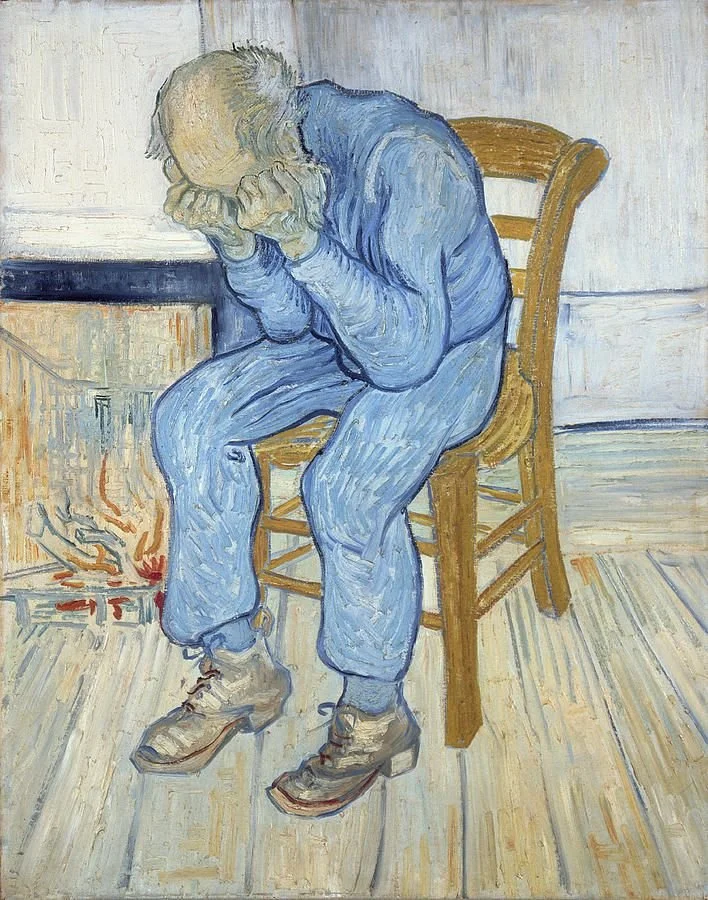Moving Through It: Working Out When Your Mind Isn’t In It
We often imagine wellness as a perfectly aligned state of mind and body: clear focus, uplifting energy, and a motivated spirit. But in reality, many days don’t feel like that. Some mornings, the alarm rings, and the thought of moving your body feels heavy. Your mind isn’t in it. And yet, this is where some of the most important growth happens. Exercise isn’t only about chasing peak performance; it’s about showing up for yourself, even when it feels uncomfortable. When motivation is low, moving your body becomes less about achievement and more about resilience. These moments remind us that wellness isn’t about being perfect; it’s about being consistent.
Earlier this week, I was taking a Lagree class, and my mind wasn’t in it at all. From the very first move, I felt a sense of disconnection. My body was there, but mentally I was elsewhere, counting the minutes, overthinking, dragging myself through each rep. What is usually a challenging but energizing hour felt like four hours of resistance. Every move seemed heavier, every hold felt longer, and every second stretched on endlessly. That class reminded me how much the mind influences the experience of movement, and how tough it can be to keep going when the mental side just doesn’t show up. But it also reminded me of something important: even the hardest, most disconnected sessions carry value. They build resilience, teach us to sit with discomfort, and show us that we’re capable of finishing even when it feels impossible.
Exercise isn’t only about chasing peak performance; it’s about showing up for yourself, even when it feels uncomfortable. When motivation is low, moving your body becomes less about achievement and more about resilience. These moments remind us that wellness isn’t about being perfect; it’s about being consistent.
Studies in exercise psychology show that movement can shift your mood even when you don’t feel like starting. Physical activity triggers the release of endorphins and serotonin, neurochemicals that reduce stress and elevate mood. Often, the hardest step is the first one: lacing your shoes, rolling out the mat, or walking into class. Once you begin, your body starts to support the mind, creating a loop of energy that carries you forward.
There’s a balance to strike. Pushing through doesn’t mean ignoring your mental state. It means adjusting expectations. Maybe today isn’t about setting a new personal best or going all out in class. Maybe today is about moving with less intensity, stretching longer, or focusing on breath. By giving yourself permission to shift, you honor both your body’s need for movement and your mind’s need for gentleness.
One way to make this easier is to lower the barrier, commit to just ten minutes instead of an hour. Changing the environment helps, too: step outside, turn on music, or join a class where the energy isn’t only your own. Rituals can be powerful signals, whether it’s filling your water bottle, lighting incense, or putting on your workout clothes. They tell your body it’s time to move. And remember, finishing isn’t always the victory. Beginning often is.
Wellness is not about waiting for perfect alignment of mind and body. It’s about weaving movement into the days when you’re fully inspired and the days when you feel far from it. Each time you move, even through resistance, you prove to yourself that care doesn’t always require motivation; it requires intention.
Resources
Mayo Clinic. Exercise and stress: Get moving to manage stress. Explains how physical activity lowers stress hormones and boosts endorphins, improving overall well-being.
American Psychological Association. The exercise effect. Reviews research on how exercise reduces anxiety, lifts mood, and builds long-term resilience.
Harvard Health Publishing. Exercise is an all-natural treatment to fight depression. Discusses how even light physical activity can improve mood and brain function.
Sharma, M., Madaan, V., & Petty, F. (2006). Exercise for mental health. Highlights the psychological benefits of consistent movement, even on days when motivation is low. Primary Care Companion to The Journal of Clinical Psychiatry, 8(2), 106.
Frontiers in Psychology. The influence of exercise on mental health. A comprehensive review of evidence linking regular exercise to reduced symptoms of depression and anxiety.

